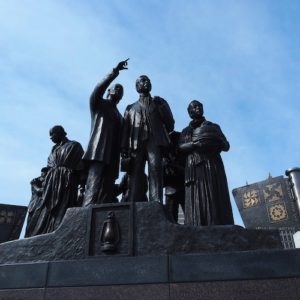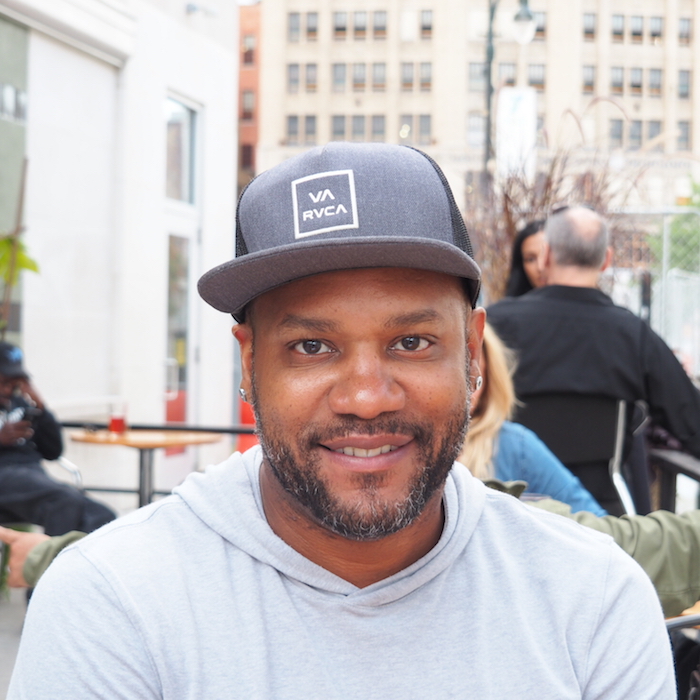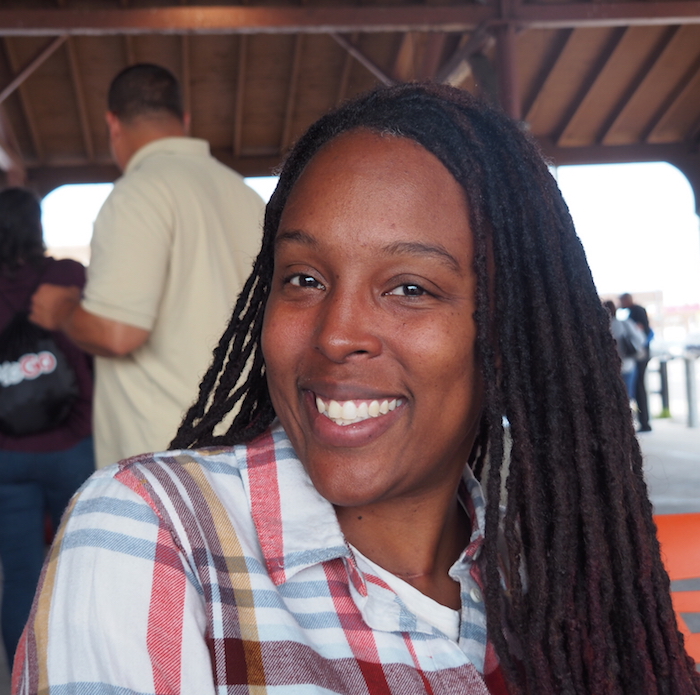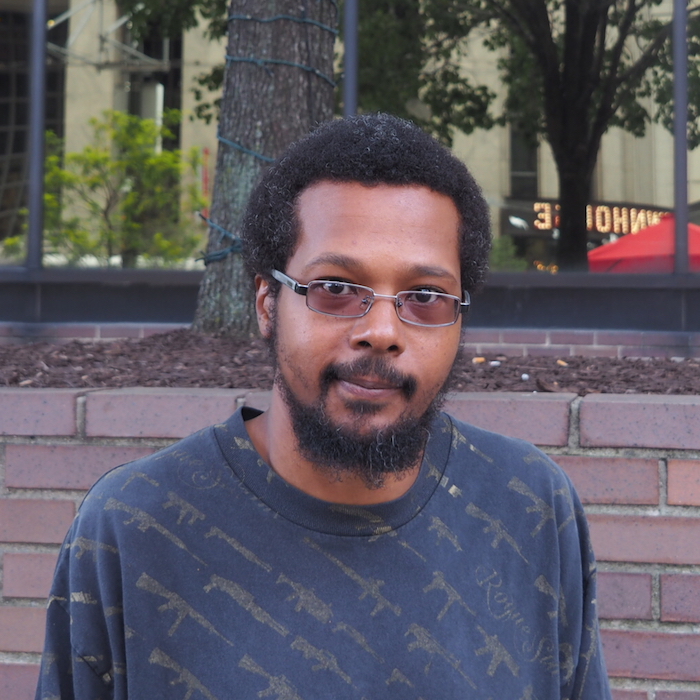Melvin Priester Jr. is an attorney in Jackson, MS, and serves as a city council representative. Having gone to college in the Northeast, he felt he needed to move back to his hometown to help it. Our conversation covered the challenges facing Jackson and the ways all citizens can address issues nationwide.
What he’s done to contribute:
I have chosen to volunteer a lot of my time and energies to work in government as a city councilman. I spend a lot of time trying to build community. I had a choice to live anywhere in the world, but I chose to live in Mississippi. If we want to strengthen the country, not every liberal person can run to the coasts. I’ve scarficied and worked to make the community better. It’s the small ways that add up.
On living in a “blue dot”:
Jackson always been a little blue dot. It’s really rewarding. It’s harder than being somewhere like San Francisco or New York because people don’t share your same views. But it’s really rewarding when you find people who are fighting the good fight. It’s also really fulfilling because I can see change happening. Things that got done in California or New York are only beginning to happen here. But you’re beginning to see positive change. That’s what is so frightening to me about the current president. I feel like he’s pushing this current divisiveness that we were getting passed in America.
Gender and race in Jackson:
Jackson is 80% African-American in a state that is only 30% African-American. While race is important in the relationship with the state governments, the real issues are classicism, religion, and sexism. We’re so focused on racism and religion, but we just miss the sexism. There’s still a lot of hesitance to having women in charge in professional and political circles. There’s a real shortage of women in positions of power in Mississippi, and that leads us to not advance. That leads us to the assumption that women will take the back seat. It accelerates our brain drain. Places thrive when women thrive, and I don’t think women have been given the full opportunity to succeed here.
He knows some great citizens:
My mother and wife are exemplary citizens. They vote in every election. They help their neighborhood and communities.
The folks that I really think are exemplary citizens are people like Ms. Francis Morris and Dr. Drake, who run neighborhood organizations. They make sure before any one even builds a dog house that it’s good for the whole community. Robert Putnam talks about how these institutions that bring us together are fading away. The people I point to who are really great citizens build neighborhood organizations and block clubs that create block-by-block cohesiveness.
Take Porter Ross. He runs a neighborhood organization in Berwood. It’s not a rich neighborhood. Every month, I as a city councilman and other city leaders are there every month at the Azalea Lane Berwood meeting. Because Mr. Ross makes sure people are there! These people are the ideal citizens, and they’re a throwback.
His thoughts on political division:
The way you phrase the question can create opposite answers, so I don’t trust polling. But I do think that there are more and more people who would say that people of the opposite political party are bad citizens.
There are policies that can make someone a bad citizen. Any policy that tries to prevent someone else other than yourself from fully participating in the democratic process. Things that hurt people’s ability to vote. Things that limit a women’s access to birth control is not good citizenship because it limits her autonomy.
What it means to be an American:
Being an American means sharing certain beliefs, such as a belief in the rights enshrined in the Constitution. There’s not one American mindset. But I do think Americans – even at their worst – have a very optimistic world view. I believe that being an American means you believe in freedom or liberty, even if you disagree with other people’s use of them. There’s a certain pride we have. And rightfully so. No matter what our problems are, I would not want to be a citizen of any other country. I’m proud of and love America, and I think most people feel that way, even when they’re protesting.
His advice to young people who want to get involved:
Vote! Always vote. Even if it’s for the dog catch or the country prosecutor! Never miss an election. The next state and national leader gets their start in those elections.
Get involved in local politics. Get involved in a campaign. Go to city meetings. I think on a local level, you see a lot more positive outcomes and hopefulness.
Be a member of something. Whether it’s the NAACP, ACLU, or a neighborhood association, be involved.
Get off the internet. Stop using Reddit. Delete Facebook. The world gets a lot better when you pull yourself off the internet.
 Contrastingly, many white, affluent people in the area live in the suburbs and work downtown. They don’t pay the property taxes the city has desperately needed and don’t necessarily have an investment in Detroit’s schools or community well-being. As Detroit’s schools
Contrastingly, many white, affluent people in the area live in the suburbs and work downtown. They don’t pay the property taxes the city has desperately needed and don’t necessarily have an investment in Detroit’s schools or community well-being. As Detroit’s schools 


